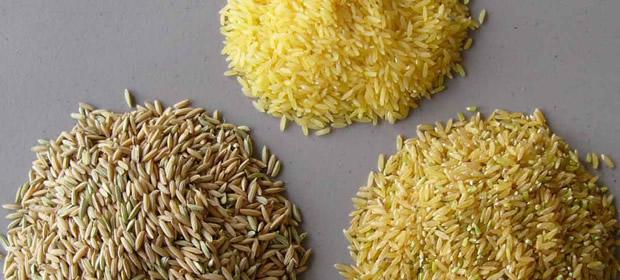Once again, stakeholders appear to have brought to the fore, critical issues and concerns of genetically modified organisms (GMOs) and the Nigerian Biosafety Management Act 2015.

At a daylong gathering in Benin City, Edo State on Wednesday, February 22 2017, participants brainstormed on what they perceive as “the increased aggressive push of the biotechnology companies in partnership with their local actors in Nigeria to ensure favourable legislations as a step towards unleashing their products and commodities on Nigerians”.
The event held at the instance of the Nigerian Bar Association (Benin Branch), Health of Mother Earth Foundation and Green Alliance of Nigeria.
At the conclusion of deliberations, participants came up with a set of deliberations christened the “Benin City Declaration” wherein they lamented that the Nigerian government, in passing the Nigerian Biosafety Act 2015 into law, did not take into account the concerns of local farmers and critical stakeholders, contrary to the provisions of the African Union’s Model Law on Biosafety and the Cartagena Protocol.
They insisted that the Act, in its current form, lacks the legal safeguards to protect Nigerians’s food culture, environment, ecosystems and human health.
“There are several fault-lines in the permissive National Biosafety Management Agency (NBMA) Act requiring that the entire Act be urgently reviewed and the GMO permits issued withdrawn,” the participants concluded, adding that “the constitution of the Board of NBMA makes the agency open to conflict of interests as already seen in the case of a board member (National Bioetechnology Development Agency) teaming up with commercial interests to apply for and receive permits to introduce GMOs into Nigeria”.
While alleging that “those institutions that are created to protect our environment and biosafety are actually hand-in-gloves with corporations that are trying to flood our country with exotic and risky products and merchandise”, the activists insisted that NBMA “did not take into account the objections and critical concerns submitted to its agency by key NGOs supported by over 100 groups, bothering on health, environmental, socio-economic, technical and administrative concerns before issuing permits to Monsanto Agriculture Nigeria Limited on behalf of Monsanto Company, based in St-Louis, Missouri, USA, for commercial release and placing on market of genetically modified cotton and for the confined field trial of two maize events”.
Other resolutions under the Benin City Declaration were listed to include:
- There is inadequate information and awareness on food sovereignty issues in the media thus shutting out critical stakeholders, deepening public ignorance and inhibiting contributions to solutions.
- Governments have been largely complacent about the covert activities of the biotechnology industry to undermine food sovereignty in Nigeria.
- There is need for a local and national paradigm-shift towards food sovereignty based on local contextual considerations, promotion of small-scale farmers, pastoralists and fisher-folk which have defined indigenous agriculture based on human rights and sustainable natural resource use.
- The mythical benefits of GMOs have ben debunked by many experts. For instance a report issued by over 400 scientists and development practitioners from developed and developing countries, under the International Assessment of Agricultural Science and Technology for Development (IAASTD), concluded that small scale farmers should be supported as modern biotechnology would have very limited contribution to the feeding of the world in the foreseeable future.
- Production of GMOs is a threat to our biosafety; poses great threat to human and environment health and severely impedes the attainment of sustainable agriculture, food sovereignty/security.
- Promoters of GMO and their allies have deliberately ignored the importance and the peculiarities of Nigerian culture, environment and agriculture in their aggressive attempts to impose their products and merchandise on Nigeria. Rather than promoting agroecology, which works in harmony with nature, they have become tied to the apron-strings of speculators and neo-colonial powers whose objective is to exploit, subjugate and destroy food production systems in Nigeria while promoting monoculture and use of toxic agro-chemicals.
Benin City Declaration was endorsed by Ede Asenoguan (Chairman, Nigerian Bar Association, Benin Branch), Nnimmo Bassey (Director, Health of Mother Earth Foundation) and Chima Williams (President, Green Alliance of Nigeria).
